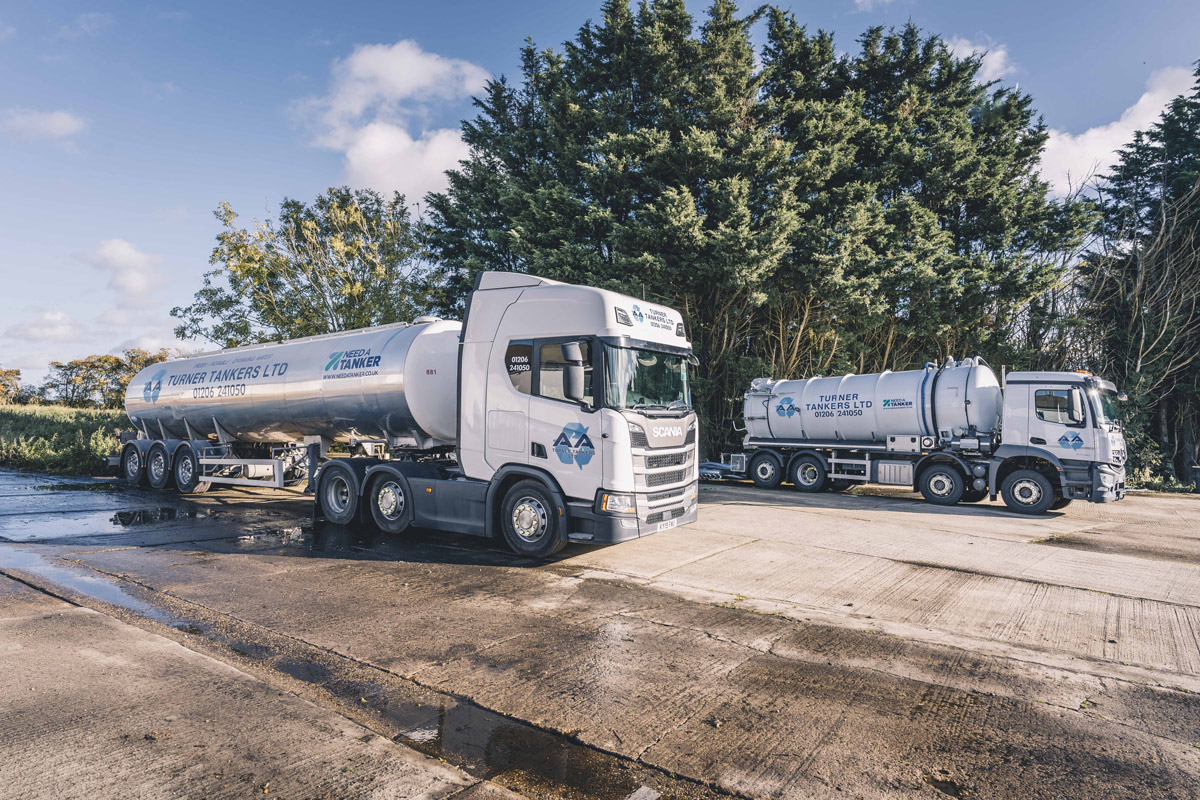Our Reclaim Waste Diaries
Our Reclaim Waste Diaries
Blog Article
The Best Strategy To Use For Reclaim Waste
Table of ContentsThe 5-Minute Rule for Reclaim WasteReclaim Waste for BeginnersNot known Details About Reclaim Waste Fascination About Reclaim WasteA Biased View of Reclaim Waste
Discover the kinds, incidents, and types of liquid waste. Residential sewage waste refers to the waste and items from a residential septic tank. This kind of waste is created by humans in residences, institutions, and other buildings. This only consists of septic storage tanks that have a drainpipe field. The correct administration and disposal of domestic sewage waste require liquid waste to be moved to a sewage therapy plant where the proper approaches and devices are related to purify and throw away waste.
Industrial waste frequently consists of potential threats, such as combustible materials or a mix of fluid and solid waste products, and needs an extra sophisticated and thorough disposal process. The disposal of commercial waste normally entails the filtration of waste before transport to ensure safe and correct disposal. Hazardous waste is produced from byproducts and runoff of industrial procedures and production.
This type of waste can not utilize the same sewer management transportation or processes as septic or industrial liquids. The hazardous waste monitoring process requires the assessment and screening of fluid waste prior to it undertakes the disposal process (liquid waste removal melbourne). Overflow waste is the liquid waste that comes from drainage and excess stormwater in very booming areas or cities
Overflow waste can cause contamination and flooding otherwise taken care of appropriately. Discover more regarding drain cleansing and waste monitoring. Making certain proper waste management can avoid disasters and reduce ecological damage. Both people in domestic settings and specialists in business or manufacturing markets can benefit from understanding the procedures and laws of fluid waste management.
7 Easy Facts About Reclaim Waste Shown
Call PROS Services today to find out about our waste monitoring and disposal solutions and the proper methods to care for the liquid waste you generate.
(https://soundcloud.com/reclaimwaste1)Do you recognize what occurs to your water when you disengage, purge the commode or drain pipes the washing device? No? Well, it deserves understanding. This so-called 'wastewater' is not only an important source however, after treatment, will certainly be released to our land, rivers or the ocean. Used water from commodes, showers, baths, kitchen area sinks, washings and industrial procedures is called wastewater.

water used to cool down machinery or tidy plant and equipment). Stormwater, a kind of wastewater, is overflow that streams from farming and city locations such as roofings, parks, gardens, roadways, courses and seamless gutters right into stormwater drains, after rain. Stormwater moves without treatment directly to regional creeks or rivers, ultimately reaching the ocean.
The 5-Second Trick For Reclaim Waste
In Queensland, many wastewater is dealt with at sewage treatment plants. Wastewater is transferred from residential or commercial websites through a system of sewage systems and pump terminals, called sewerage reticulation, to a sewage therapy plant. Neighborhood federal governments build, preserve and run most sewer treatment plants. Operators are accredited under the Environmental Management Act 1994 to discharge treated wastewater at an acceptable environmental standard right into rivers.
The Department of Natural Resources recommends regional federal governments concerning managing, operating and preserving sewerage systems and therapy plants. In unsewered locations, city governments may call for householders to set up private or home sewer therapy systems to treat domestic wastewater from bathrooms, kitchens, washrooms and laundries. The Department of Natural Resources authorises the usage of family systems when they are shown to be reliable.
In some brand-new subdivisions, therapy of some stormwater to eliminate litter, sand and gravel has started using gross pollutant traps. Wastewater treatment takes place in 4 phases: Removes strong matter.
Wastewater then moves into large tanks where solids work out and are gotten rid of as sludge. Grease and scum are skimmed from the surface area. Uses tiny living organisms called micro-organisms to break down and remove staying liquified wastes and fine particles. Micro-organisms and wastes are incorporated in the sludge. Eliminates nitrogen and phosphorus nutrients that can create algal blooms in our rivers and threaten marine life.
A Biased View of Reclaim Waste
Nutrient elimination is not available at all sewage treatment plants due to the fact that it calls for expensive specialised tools. Clear liquid effluent created after therapy might still consist of disease-causing micro-organisms - liquid waste removal melbourne.

Most wastewater flows right into the sewerage system. Under the Act, local federal governments provide authorizations and licences for environmentally pertinent tasks (Ages) including wastewater releases that may have a regional influence.
Reclaim Waste for Beginners
Otherwise, samples are taken for lab evaluation. Typically lots of tests are required to establish the levels of each of the different toxins such as oils, hefty metals and pesticides in water. Tracking supplies factual details regarding water top quality and can validate that licence problems are being met. The information obtained through surveillance offers the basis for making water quality decisions.
Report this page